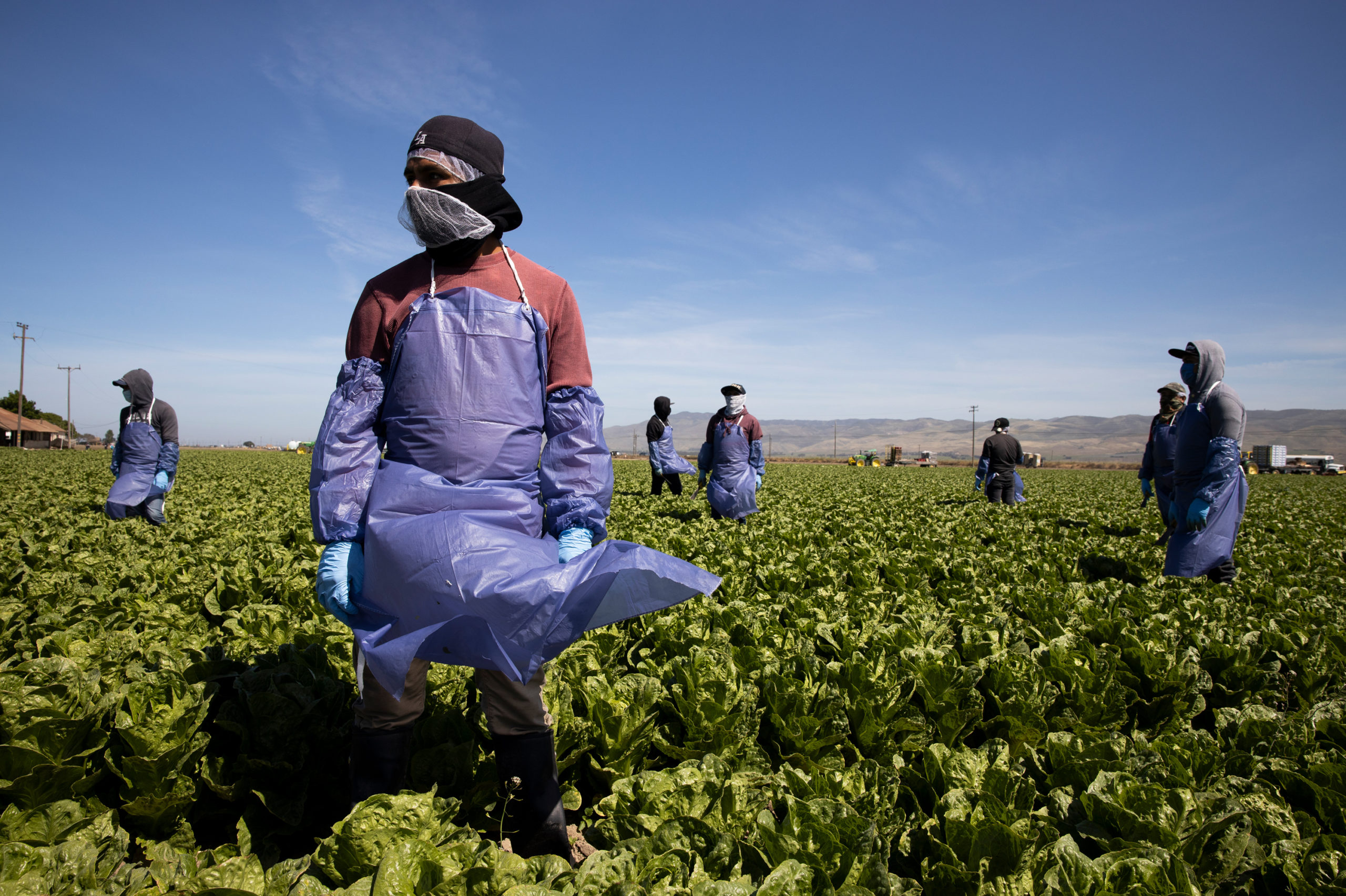



Some Australian growers argue that the government should cease ‘driving individuals out of the nation,’ stating that the fruit and vegetable business still needs workers. Workers in isolation for testing positive to Covid-19, being judged a close contact or awaiting test results have left the productive agricultural supply chains short-staffed. Previously, with the widespread transmission of Covid-19, the sector had been struggling to locate enough labour, an issue that was supposed to be solved by a new ag visa programme. Unfortunately, no countries have joined the initiative in the six months since it began.
Carl Walker, president of the Bowen Gumlu Growers Association in North Queensland, has described the ag visa promised by the federal government in September 2021 as a “white elephant.” “It’s gut-wrenching; it could’ve been a game-changer,” he remarked. “Rather than an intellectual solution, I believe it was just a political tactic,” Walker said that while he thought border restrictions were necessary at the time, he now supports the country’s reopening now that the virus has spread so widely. He said that discounting regular immigration estimates, Australia typically had 100,000 to 150,000 visa holders. He claimed that there were much fewer people in the country looking for jobs at the moment and that Australia’s long-term unemployed would never work in the horticultural business. “The largest challenge we’ve had, and this has been a government problem,” Walker added, referring to the time when visa holders were instructed to leave. “It’s a double whammy; people aren’t coming into the nation, rather people are leaving.”
Another issue that has been highlighted is the exclusion of the rural transportation industry from the ag visa programme. As a result, some operators are having difficulty finding drivers to work in this specialised sector that serves the agricultural business, with many coming from New Zealand, Europe, or the United Kingdom. The Australian Workers Union, which has been warning embassies about worker abuse inside agricultural seasonal worker programmes, is to blame for the delay, according to Federal Agriculture Minister David Littleproud. Mr Littleproud revealed the government was talking with four South-East Asian countries, with Indonesia the only country that wanted to identify itself as being in negotiations.
Article by: Hari Yellina (Orchard Tech)